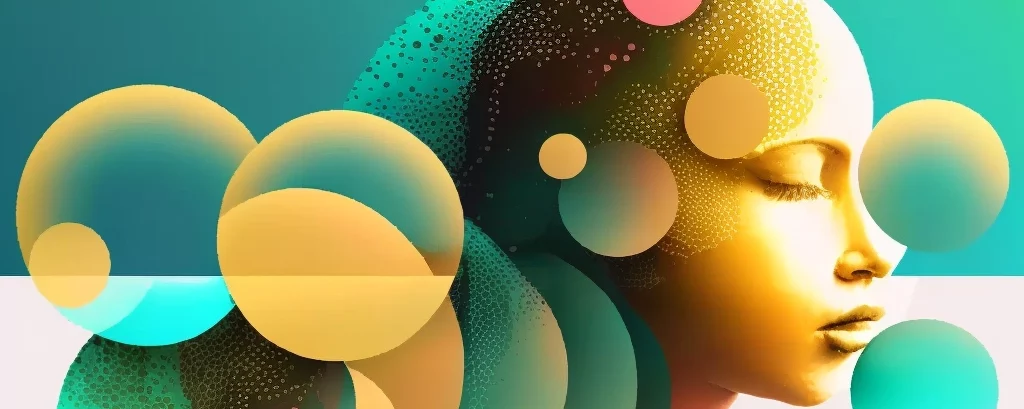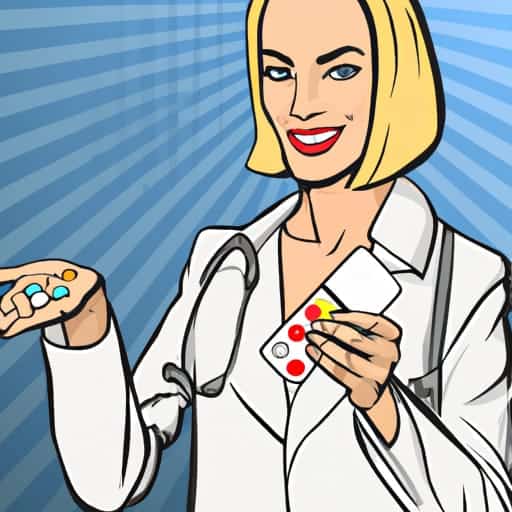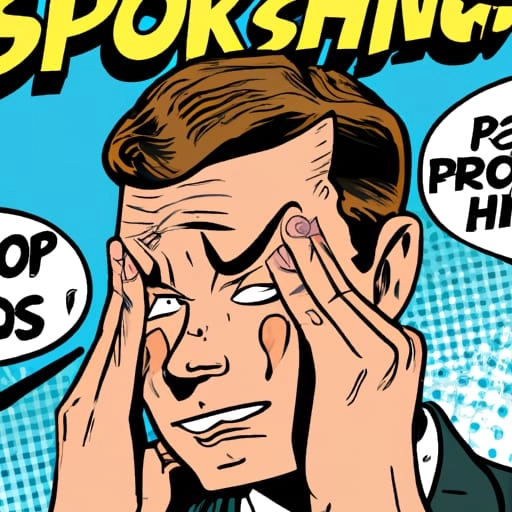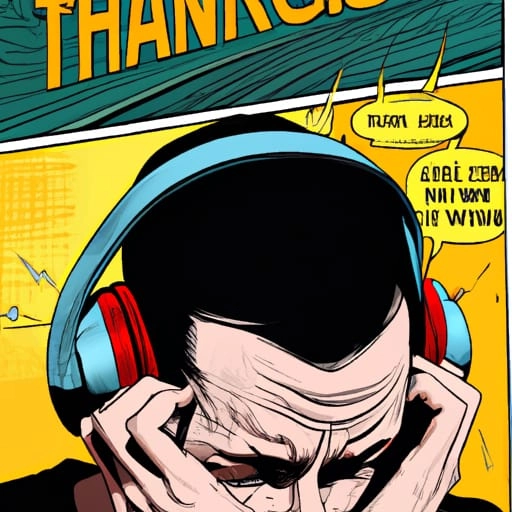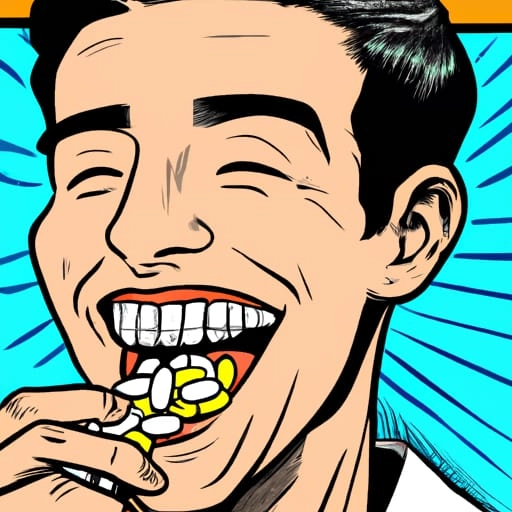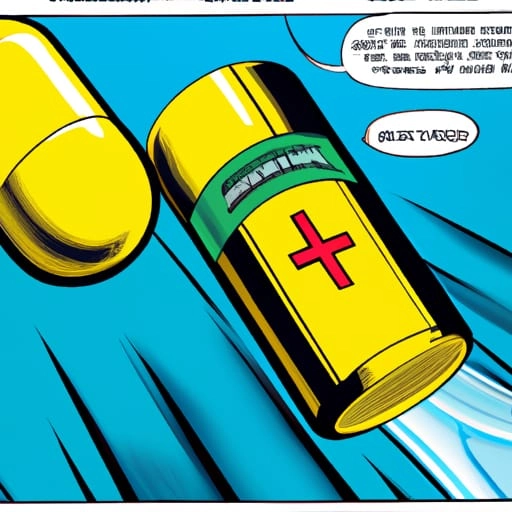The Top 5 Reasons People Get Depressed After Stopping Drinking
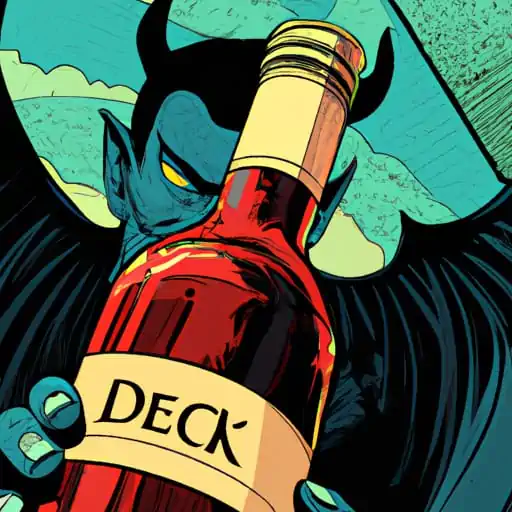
Alcoholism is a dreadful addiction that takes away your health, and can ruin not only your life but also that of your loved ones. It is also a very complex condition.
Even when someone does the right thing by stopping drinking, they can then become depressed.
If you or someone you know is struggling with alcoholism and depression, this blog is for you. In this article, we will explore the reasons people get depression after stopping drinking and give top tips on how to make you feel better.
We will also talk about how to manage depression in recovery and why it happens. Finally, we will provide solutions to address the alcohol problem and depression separately, as co-occurring disorders with low mood. So read on and start living a healthier life!
What Causes Depression in Recovery?
The following symptoms are common in depression:
- A lack of motivation
- A lack of pleasure in things
- Difficulty sleeping (or sleeping too much)
- Feelings of worthlessness
- Increased irritability or snappiness with others
- Not eating, or binge eating
- Suicidal Thoughts
- A heavy sadness or grief
Many people worry that they have bipolar disorder because they are excessively energetic and ‘hyper’ sometimes, and then plunge into a depression. Bipolar disorder is one of a spectrum of mood disorders and is very rare. But if you suspect this, then you should speak to a professional, just to rule it out.
Here are 5 reasons people get depressed after Stopping drinking.
Reason 1
The first thing to hit you will be the alcohol withdrawal timeline, producing the symptoms that people experience, such as cravings, irritability, and insomnia. The simple fact is that the common symptoms of the withdrawal of alcohol’s effects from your central nervous system will produce the following withdrawal symptoms.
- mood swings,
- intense anxiety, shaking,
- sweating,
- high blood pressure,
- negative emotions and other difficult feelings.
These will happen within hours of your last drink. You are familiar with hangover symptoms and you’ve probably dosed up again after a night of drinking just to avoid them.
If you shake uncontrollably, you are in danger of having a fit (seizure) and you need medical attention, or if you can’t get medical input and their specialist withdrawal drugs like chlordiazepoxide or even valium, you need to take enough alcohol to reduce the tremor — but no more.
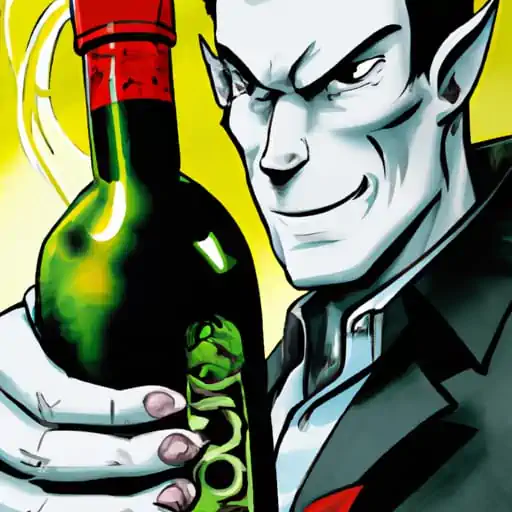
Reason 2
The second thing to hit you once you are clear from the physical and mental symptoms caused by the chemical imbalance in a brain that was used to daily alcohol might be the social situation of being sober for the first time in a while. You look around at your life and see what you’ve lost — the relationships, the money, the health, the excellent reputation.
Then you may feel ashamed. You may avoid people you think you offended when you were drunk. Most of them will just be glad to see you sober and doing better. This return to daily life once you are out of the strictly technical alcohol use disorder can actually lead to a major depression. So you need support.
Reason 3
The third thing to hit you might be the so-called dry drunk syndrome.
The founder of Alcoholics Anonymous came up with the term “dry drunk” to describe someone who has stopped drinking but hasn’t dealt with the problems that led them to drink.
Recovery differs from being sober. “White-knuckling” is another name for the dry drunk syndrome. If you’re not drinking but you’re still on edge or if you want to drink but aren’t getting help, this could be the case. You might still have trouble with the emotional and mental problems that drove you to drink.
If you are sober but not in recovery, you may be at risk of getting addicted to something else. If you haven’t dealt with the problems that led to your addiction, you may turn to another one such as drug use. Maybe these feelings of depression were there all along, under the alcoholism.
Reason 4
A fourth reason might be that your diet is awful. Many people who drink excessively eat very poor diets, or not at all, relying on alcohol for their calories. That means their body runs low in nutrients, minerals and vitamins — particularly magnesium, Vitamin C and the B Vitamins. Low levels of Vitamin C lead to deadly diseases such as scurvy (rare) and low levels of Vitamin B, particularly Thiamine, leads to degenerative brain diseases which will give you dementia at much earlier age. Low levels of Magnesium can led to palpitations and ultimately death if it gets low enough. But even without reaching these crisis levels, you may have gotten used to a diet which is not enough to keep you healthy, and when you are physically unhealthy, you will feel dreadful and may become depressed.
Reason 5
A fifth reason might be that drinking cost you your social life. Drinking became your only friend and the friends you made while drinking might not have been real friends, but were merely companions in intoxication. This is a longer term thing, but you need to build up healthy social activities that make you feel better. People make people happy; we are not built to be alone.
Alcoholism is a serious addiction that can have a negative impact on mental health. It’s not an easy addiction to break free from, and it’s tough to adjust to life without alcohol. Depression after quitting drinking is common, and there are many reasons why it happens. Some of the most common reasons for depression symptoms and symptoms of anxiety include feelings of shame or guilt, difficulty adjusting to life without alcohol, and a lifelong pattern of dependency. If you’re struggling with depression after quitting drinking, the best way is to seek support from friends and family members. They can able to provide you with the emotional support you need to get through this difficult time.
You May Have Two Problems
Dual diagnosis is when somebody suffers from both alcohol addiction and depression. It can be a really tough issue to deal with, as alcoholism and depression are often seen as two separate problems. But in reality, they are actually linked – one makes the other worse. For example, drinking leads to mental health problems such as depression because it causes feelings of sadness and hopelessness. The cycle of drinking and then becoming depressed is common for people who have a dual diagnosis.
Think back and try to remember why you started drinking, and then why you couldn’t leave it alone. It’s a hard truth but people who drink in excess very often have pre-existing mental health conditions. For them, alcohol is not just a recreation. For them, it’s not just a good time.
People who drink in excess have often been using alcohol a medication to treat the depression or the anxiety — very often social anxiety — that they already had.
The ugly twin sister of depression is anxiety. Very often people who come to become heavy drinkers first turn to it to help give them confidence in social situations. It is used to self medicate an anxiety problem over a long time but then the medicine becomes a poison and ruins your daily life.
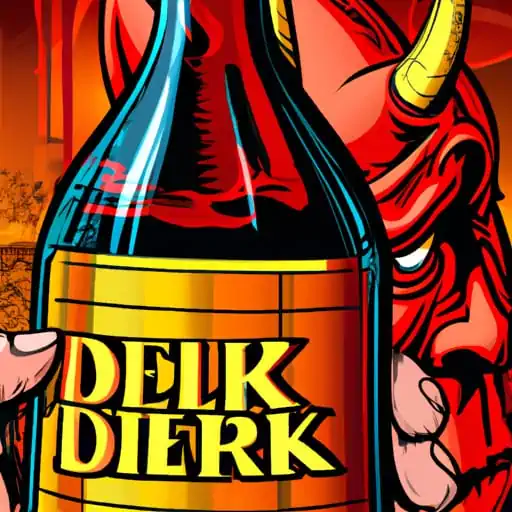
Alcohol is a depressant, which can make it difficult to cope with existing feelings of sadness or despair. The effect of alcohol on brain chemistry will make mental health issues such as depressive disorders worse and if you suffered from a major depressive disorder before alcohol came on the scene, drink will only make your low mood symptoms a hundred times worse.
Some people who have clinical depression or other mental illnesses use street drugs. It is common for people with substance abuse addictions to look down their noses at people who abuse alcohol, and vice versa. I have heard so many times about people with alcohol problems not going to the drug and alcohol recovery facilities because of ‘all the junkies.’ I’ve also heard people with substance use disorder saying the same, keeping away from treatment because of ‘all the drunks.’ This is not a productive way to go about things.
But going back to it — you maybe started off with one problem, let’s say depression or anxiety, and then you started drinking to self medicate until you ended up with two problems: depression and alcoholism.
It’s important for medical professionals involved in your care to be open to the idea that there is an underlying depression. If they think that your only problem are the negative effects of excessive alcohol consumption, then they will believe that your quitting drinking will solve all your problems.
Too often, people are left sober, and still depressed.
However, alcohol abuse will kill you quicker than depression, so stopping drinking has to be the priority. But get professional help.
Why Does Depression After Stopping Drinking even happen?
The central nervous system has gotten used to a daily load of alcohol and it this that causes physical alcohol dependence. The physical dependence leads to very unpleasant physical symptoms, and causes a chemical imbalance in the brain which, if you suddenly stop drinking, can lead to delirium tremens and even seizures.
There are both serious medical conditions that need proper treatment and medical supervision. You should treat symptoms of severe shaking and anxiety as a medical emergency.
Many people try to stop drinking on their own. I would advise you to seek medical advice before you do this, as in severe cases, sudden withdrawal from excessive drinking can be fatal. You might need additional support, so don’t just rely on yourself. There are people out there who will help. Your real friends and family want you to recover, and so does the medical community.
Together, these can be a great support system which will have a positive impact
Long-Term Effects of Alcohol on Dopamine Levels
Drinking alcohol can lead to a decrease in dopamine levels, which can lead to depression. Other factors, such as loss of social support and changes in sleep patterns, also contribute to depressive behaviour after quitting drinking. There are many ways to deal with the symptoms of depression,
Make sure you get enough exercise and eat a balanced diet so that you don’t suffer from long-term depression after reducing heavy alcohol use.
How Do We Treat Depression?
To repeat: the really important thing is to stop drinking. While you’re swimming in alcohol, you cannot be treated for depression. Get alcohol addiction treatment first.
There are two main treatment options for depression: medication and therapy. There are other treatments being trialled like EMDR (rapid eye movement reprogramming) and the use of psychedelics, but they are not mainstream or available everywhere.
First, let’s look at therapy. Typically, you will go to a therapist or counsellor, but you simply cannot use something like cognitive behavioral therapy for depression while you are pickled. You can’t process the thoughts and feelings in any useful way. That’s why you need to stop drinking first.
The second method is medication. Many people I know who have alcohol problems are prescribed antidepressants and still they remain depressed. They feel just as bad, so they come thinking the antidepressants don’t work and they want to try another brand.
Let me try to illustrate in numbers why antidepressants don’t work while people continue to drink.
In one unit of alcohol, there is 80mg of pure alcohol.
Therefore, in a bottle of wine at 13% there is about 800mg of alcohol
In a bottle of whisky, there is about 2,200mg of alcohol.
Remember, alcohol is a depressant and we are trying to treat your depressive symptoms with antidepressants.
If we prescribe you 10mg of citalopram (or other antidepressant medications) and you’re drinking two bottles of wine a day, that’s 10mg of antidepressant versus 1,600mg of depressant.
This is, of course, not strictly scientific. It’s just meant to conjure a picture in your mind of why antidepressants won’t work while you’re abusing alcohol.
10 soldiers go to fight 1,600 soldiers. Who’s going to win?
That’s why you need to stop drinking first, before we can treat your depression.
However, with the right treatment and support, depression can be overcome. Remember, quitting alcohol needs support to be sustained.
Talking to a therapist or counsellor can help you work through your feelings and find the resources you need to succeed. It can be really helpful to find support groups.
Solution: Treat the Alcohol Problem and Depression One After The Other, as Co-Occurring Disorders
Too often, mental health professionals and substance abuse experts sit in different silos. The mental health team says that your problem is excessive drinking and the drug and alcohol team says your problem is underlying depression and they bounce you from team to team and you can’t get on any treatment program. Sadly, this is a common issue.
The problem is — if they treat your depression while you’re still drinking (which we can’t, but just let’s say it was possible), then you’re still alcohol dependent.
If we treat your alcoholism and you stop drinking, then you’re still depressed and may well relapse.
We need to treat both problems and realise that effective treatment of both problems is essential if you are not going to slide back down the pipe to where you were before.
But, you need to stop drinking first with support of professionals, friends and family and mostly yourself.
Then you must seek treatment for any depression or anxiety.
The good news is that once the alcohol is out of your system and your brain starts to work better again, you can be treated for depression.
If you’re one of the many people who have given up alcohol, you may be experiencing depression. Why is this? The answer has a lot to do with the physical and emotional changes that can take place in the brain after quitting drinking.
The central nervous system has gotten used to a daily load of alcohol and it this that causes physical alcohol dependence.
The physical dependence leads to very unpleasant physical symptoms, and causes a chemical imbalance in the brain which, if you suddenly stop drinking, can lead to delirium tremens and seizure, which are both serious medical conditions and need proper treatment and medical supervision. You should treat symptoms of severe shaking and anxiety as a medical emergency.

Conclusion
So, you’ve decided to quit drinking and life suddenly seems much harder. You’re now without your crutch, your support, and your once beloved, and then hated alcohol. But you will also notice some immediate benefits.
First, in early recovery, you’ll probably get some deep sleep. You will find healthy ways to get a better quality of life. You might rediscover a social life that isn’t based on drink and where your best friend doesn’t just happen to be another person with alcohol problems, but is actually your best friend because they like you.
You won’t wake up the next day wondering who you upset the night before after a night of heavy drinking. You don’t have any hangover symptoms (which might be strange)
A sober life will allow you to make positive changes. But you need to find different ways to deal with negative emotions. YOu need to find healthy coping skills for all the setbacks that occur in everyone’s life but would have previously sent you on a night of drinking.
We’ve seen there are plenty of reasons people get depressed after quitting drinking. But knowing what they are, and that you will probably have to face then, and also that others (many others) have faced these same obstacles and succeeded can be an inspiration to you.
They got better, so why can’t you? There is a road map to recovery, and there is support, but treatment for both alcohol addiction and depression is essential for a successful recovery.
There are many groups to help people who have problems with alcohol, from Alcoholics Anonymous to the National Institute on Alcohol Abuse and Alcoholism in the USA. In the UK, we have AA too and we have guidance from the NHS but also charities such as CADAS. Each area will have a funded organisation, such as Recovery Steps in my area.
You can achieve long-term sobriety and get rid of the negative feelings of depression. They are separate though related problems, and you need to reach out for treatment for both.
In this blog, we’ve outlined the top 5 reasons people get depressed after quitting drinking and given you tips on how to manage depression in recovery. I hope it’s been helpful.
Related Posts On This Blog
Can Taking Bacopa Improve Your Memory?
Does The Nootropic Rhodiola Increase Energy and Endurance?
The Art, Science, and Magic of Prescribing Antidepressants
5 Most Effective Antidepressants for Anxiety and Depression (and 3 you should avoid)
